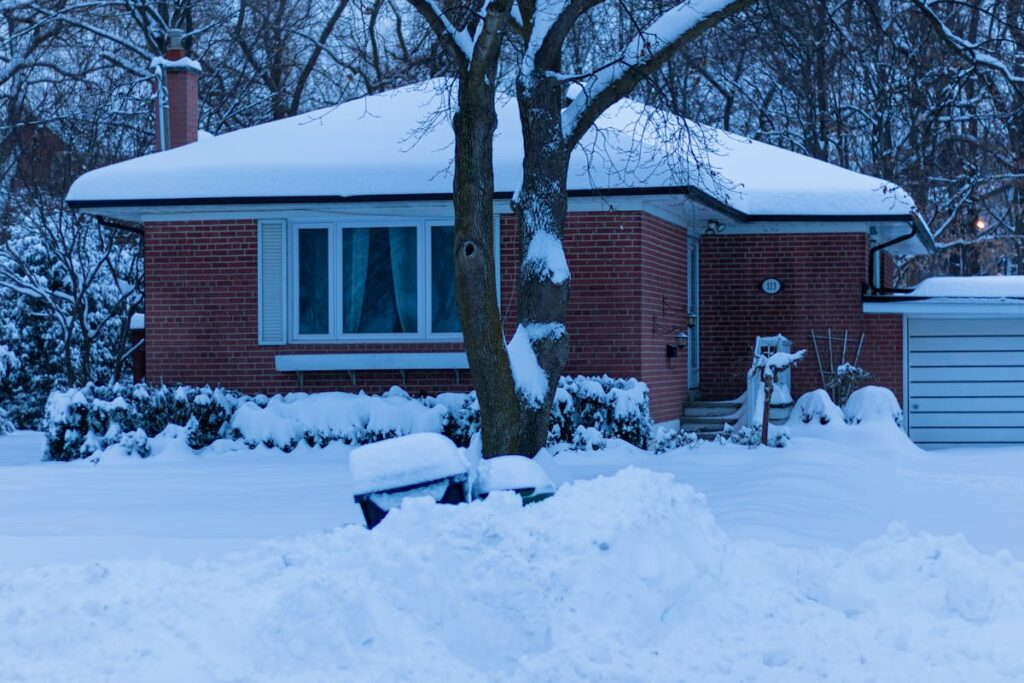
Snowfall and Home Prices: Does Winter Weather Influence Property Values in New Jersey?

Snowfall and Home Prices: Does Winter Weather Influence Property Values in New Jersey?
New Jersey experiences a true four-season climate, with hot summers, colorful autumns, rainy springs, and snowy winters. But how does winter weather—especially snowfall—impact home prices in the state? While snow can create a picturesque setting, it also brings challenges like maintenance costs, potential property damage, and accessibility concerns. For buyers and sellers alike, understanding the relationship between snowfall and property values is key to making informed real estate decisions.
How Snowfall Affects New Jersey’s Real Estate Market
1. Seasonal Slowdowns vs. Winter Bargains
The real estate market typically slows down in winter, as colder temperatures and unpredictable weather make house hunting less appealing. This reduced buyer activity can sometimes lead to lower home prices or better negotiation opportunities. However, motivated sellers willing to list during snowy months may also be more flexible with pricing and terms, creating potential bargains for buyers.
2. Snow Removal and Maintenance Costs
Properties in snowy areas of New Jersey, especially in northern regions like Sussex, Morris, and Warren counties, require regular snow removal. Buyers may be hesitant about homes with long driveways, large properties, or steep inclines that demand extra maintenance. Additionally, homes with features like heated driveways or HOA-covered snow removal may hold higher value due to added convenience.
3. Potential for Snow-Related Property Damage
Harsh winters can lead to issues like ice dams, frozen pipes, and roof damage. Buyers may be wary of older homes with poor insulation, drafty windows, or outdated heating systems. On the flip side, well-maintained homes with energy-efficient upgrades—such as new roofs, storm doors, and insulated pipes—can retain or even increase their value despite snowy conditions.
4. Flooding and Drainage Concerns
Melting snow can cause flooding, especially in areas with poor drainage. Coastal regions of New Jersey, like Monmouth and Ocean counties, face unique challenges with winter storms and nor’easters, which can lead to rising insurance costs and impact property values. Homes with proper grading, sump pumps, and flood prevention measures are more attractive to buyers.





